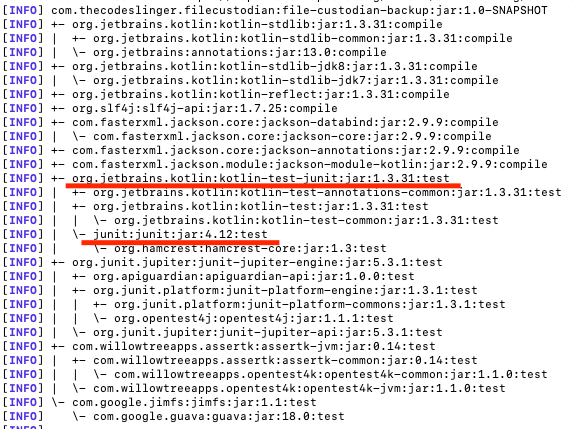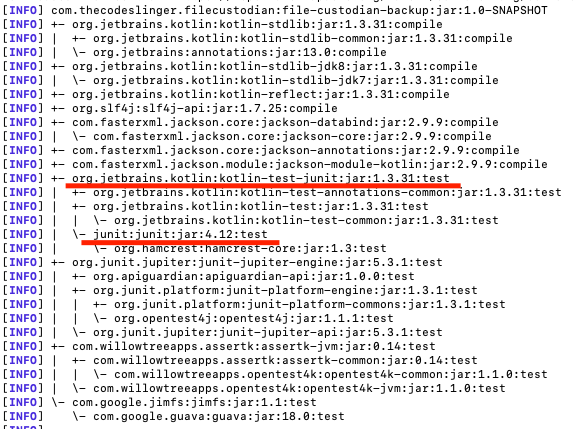I’ve been a gamer for a very long time – it’s easily been twenty years or more (yes, I’m old). But, in the past year or so, my excitement has been waning. I have mentioned in another blog post that I was planning to replace my big tower PC with a notebook for (mobile) coding and writing – which I have done – and, in the short- to mid-term, get a gaming console to replace the video gaming part of the PC with something more casual and affordable. This day has finally come and the first game I have played has been Red Dead Redemption 2. Now, this game was many firsts for me:
- First non-digital game since Steam has launched. I bought it in a retail store on a BluRay disc.
- First full-price video game at 60€. Before that, I have always been shopping for special offers and discounts.
- First console game.
I think Red Dead Redemption is something very special and I will try to explain why I think that is. One thing is for sure and that is the fact that it has rekindled the fire within me to play a video game on-end without pause. Unlike the other game reviews/experience reports I have written so far, this one is a bit different. I started writing when I was about 40% through the game and added to it at different stages of progress. In short: it’s like a diary.
Read More »

